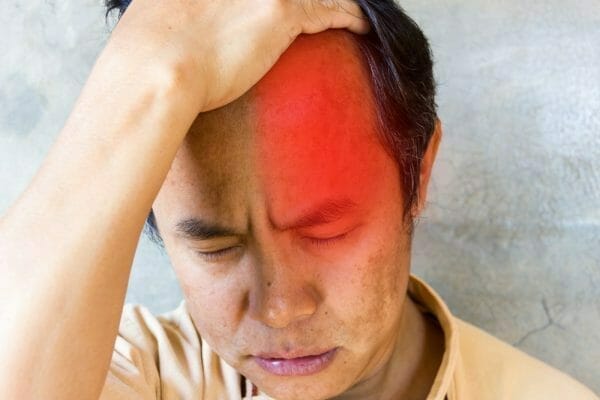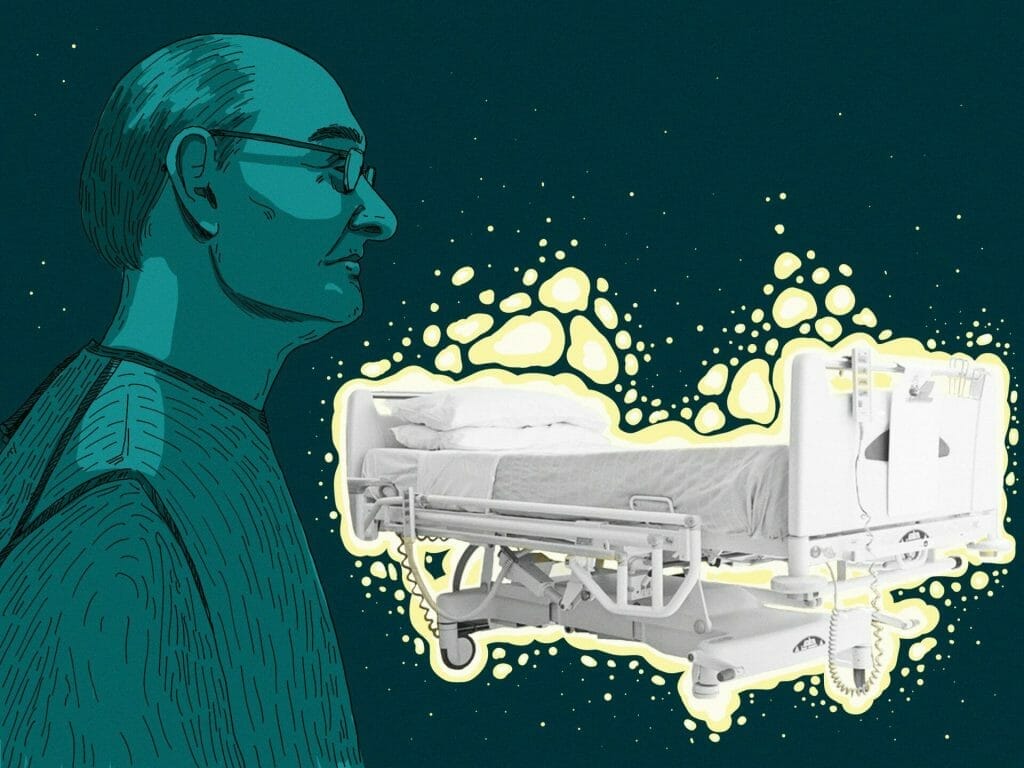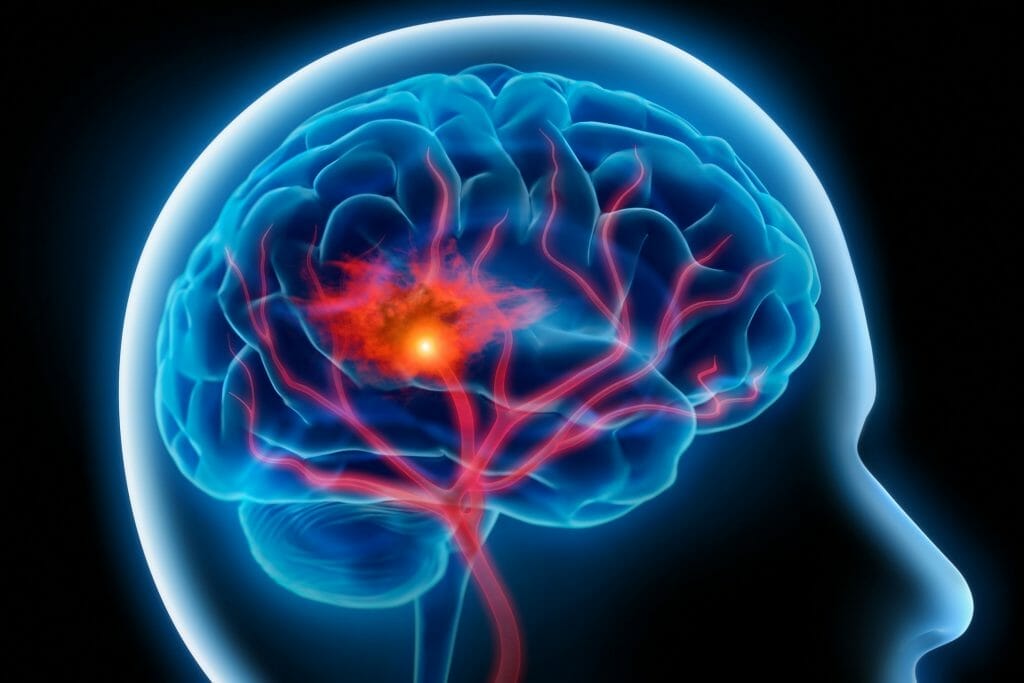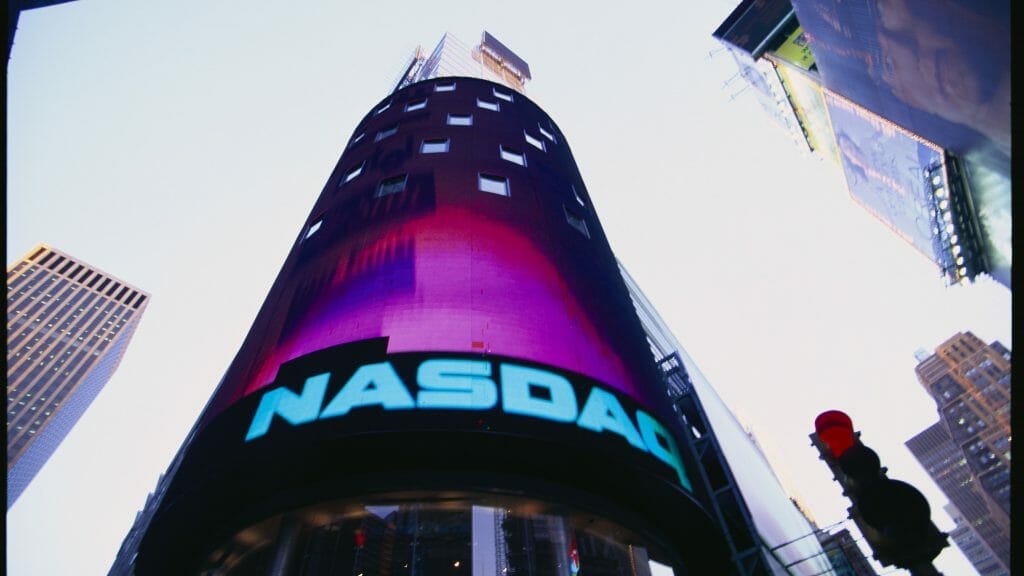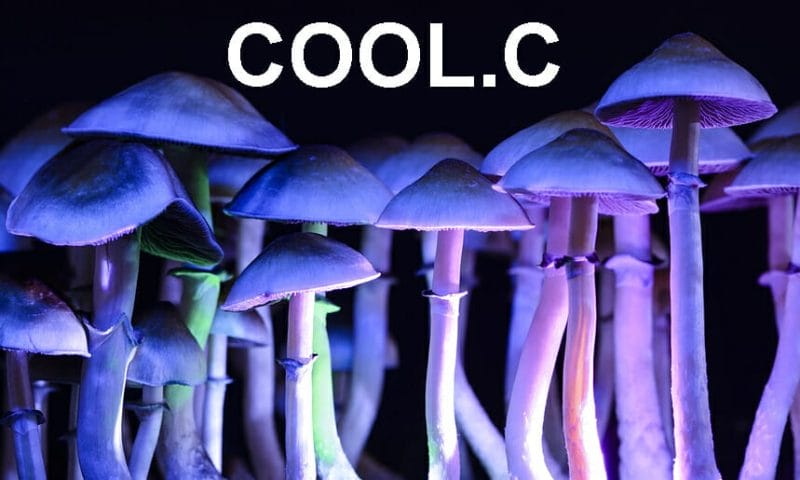Core One Labs (COOL.C) inked a letter of intent to pick up pharmaceuticals company, Akome Biotech today, according to a press release.
Akome develops psychedelic-based drugs to treat rare diseases and mental disorders such as Cluster Headaches, Alzheimer’s Disease and depression. They hold provisional matter of composition, a type of patent, based on a non-psychedelic variants for LSD, psilocybin and ketamine.
“The acquisition of Akome will broaden and accelerate several new avenues of investigation and overall growth potential for our Company. New formulations and access to such an experienced team provide a unique opportunity to build shareholder value in this exciting sector,” said Joel Shacker, CEO of Core One Labs.
These new formulations work to provide the chemical basis for their research and development arm, which has been working to perfect a marketable delivery system to be used in psychedelic assisted psychotherapy. The company already has a patent pending thin film oral strip, which dissolves in the patient’s mouth and acts as a drug-delivery system, sending the molecules required directly into the bloodstream for maximal bioavailability.
The company originally intended to use it for cannabinoids but have since come around to join the psychedelic movement, and are seeking out ways to use it as a way to deliver psychedelic compounds, like psilocybin. Core One also has access to medical clinics, and a roster of more than 275,000 potential patients. They’re intending on leveraging the clinics, their intellectual property, and their research and development to acquire regulatory research approval for their psychedelic-derived aims for the treatment of mental health disorders.
Akome brings their founder and CEO, Dr. Fadia Saad, who has five patents and over 25 years of experience in product and business development in the life science industry. She has her PhD in Mycology (fungus science!) from McGill University and an MBA from the University of Montreal. She was head of business development at Aspreva Pharmaceuticals.
Up to 18.57% of adults experience a mental health illness at any time according to Mental Health America. The number is the functional equivalent of 45 million Americans, and of that number, approximately 4.38% of those experience a severe mental illness. This amounts of billions of dollars in lost productivity, and considerable expenses through treatment costs every year.
Dr Saad’s latest project involves finding a formulation that helps with the treating pain associated with cluster headaches, which are a rare disease which might qualify for orphan drug status, and therefore enjoy accelerated development and market exclusivity.
Cluster headaches happen in cyclical patterns (or cluster periods), and are one of the most painful types of headache. It’s the kind of headache that pulls you out of a deep sleep with the feeling that you’ve just gotten punched in the the eye or hit with a tire iron. They’re decently common in insomniac-types and anyone lacking a regular sleep schedule. They differentiate themselves from other headaches in their duration—which can last anywhere from a few weeks to a few months.
Akome’s other efforts include extensive research and development to help relieve the development of mental state psychopathy.
The respective market sizes for these two diseases make it worth COOL’s while:
The Global Alzheimer’s therapeutics market is projected to reach USD $13.57 billion by 2027 from USD $7.42 billion in 2019 with a substantial CAGR of 9.2% through the forecasted period. This is primarily attributed to the increasing pipeline drug development, rise in investments for drug development biomarkers that are expected to boost the global market.
Anxiety and Depression:
The global anxiety disorders and depression treatment market size was valued at USD 15.2 billion in 2015 and is anticipated to show steady growth due to the increasing prevalence of anxiety disorder and depression worldwide. According to estimates published by the World Health Organization in 2012, depressive disorder affected 350 million people globally, which is expected to increase due to the upward trend in the adoption of sedentary lifestyles.
There’s a lot of work to be done.
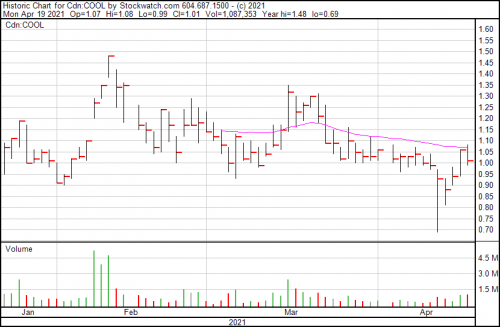
—Joseph Morton
Full disclosure: Core One Labs is an equity.guru marketing client.

